Revista de Pedagogos
J. F HERBART
W.JAMES
Representative
of pragmatism in philosophy and individualism in education. Individual
education developed little by little. There was a democratic conscience that
allowed a social life.
E.L. THORNDIKE
He
proposed that psychology is intertwined with Education and there are
experiences about learning. Thorndike says that if the child has good behavior
his reward would be a reward.
J.DEWEY
EL PEDAGOGO MIRA Y LOPEZ
His
research is based on guidance and through them he developed the psychology of
education. He also decided to use special education.
PAVLOV
Principal
representative of behaviorism stimuli and reactions in the human being. He
focused on teaching the theory of classical conditioning.
SIGMUND FREUD
His
theory was very well received by others, since he provided explanations for
certain behaviors of the educator and the educator.
FREEBEL
I make a theory based
on the education of the youngest children based on the activity and the action
which I create educational toys and thus keep the intelligence of those
children active. TEACHING THROUGH THE GAME
PAULO FREIRE
It
proposes the liberating education that the educator must give prevalence to the
dialogue with the educator. The educator is more open to dialogue and not only
focuses on education if it is not a friend for the learner.
ADOLFO
FERRIERE
Defender
and disseminator of the active school. His ideas were based on biological
conceptions that later became a spiritualist philosophy.
ALFRED
ADLER
Based
on individual psychology and the individual behavior of each subject.
Well-educated learning in childhood. Alfreed said that it is very important the
first childhood of each person.
ALFERD BINET
He
is the creator of the tests for the measurement of intelligence in children
used to determine the mental age of the child.
BERIHOLD OTTO
Representative of naturalistic pedagogy and the
value of children's individuality and freedom in education.
DECROLY
Based
on individual activity, state of mind, interests and community of children.
Decroly said that there must be a natural environment for education.
The cognitive development of the child and education is related through playful
learning, there are factors that are involved these are memory, concentration
and motivation
MARIA MONTESSORI
Based
on giving the child freedom with responsibility in a prepared environment. He
said that the child was born to learn and the guide only has the responsibility
to help him and let him develop alone and admit his responsibilities.
VYGOTSKY
Development
of sociocultural theory and cognitive development cultural beliefs and
attitudes influence how teaching and learning develop. According to Vygotsky,
children are born with basic biological limitations in their minds.
PIAGET
Psychologist, philosopher,
biologist, is famous for his contributions in the field of evolutionary
psychology, his studies on childhood and his theory of cognitive development.

Paulo Freire
Educator and expert in education issues, of Brazilian origin. One of the
most influential theorists of education of the twentieth century.

John Dewey
He was a philosopher, educator and
psychologist of American origin. Most representative figure of the
progressive pedagogy in the United States


Edouard Claparede
He was a Swiss child neurologist,
pedagogue and psychologist.

Stanley Hall
He was an American pedagogue and psychologist, his main area
of research was childhood; He is also known as one of the initiators of
genetic psychology in the United States.

James Mark Baldwin
He was an
American philosopher and psychologist
Baldwin was determining that in the evolution, and on the
human learning, the genetic conditions transmissible by inheritance could make
easier the learning of techniques and tricks that only have those that have a
determined evolutionary variable.
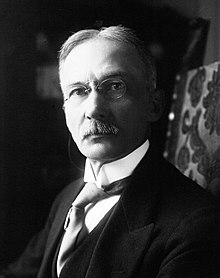
William Thierry Preyer
Was an English-born physiologist who
worked in Germany.
Preyer was a founder of scientific child
psychology, and a pioneer in regards to research of human development based
on empirical observation and experimentation.

Émile Durkheim
He was a
French sociologist and philosopher. He formally established sociology as
an academic discipline and, together with Karl Marx and Max Weber, is
considered one of the founding fathers of that science.
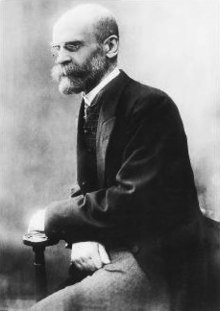
Percy Nunn
Was a British educationalist, Professor of Education.
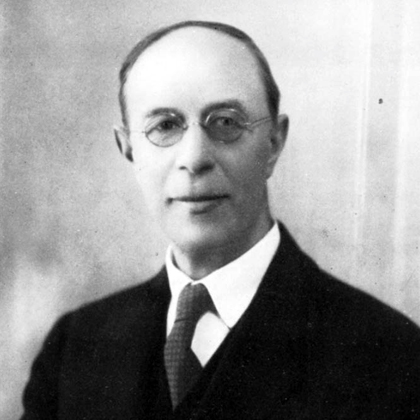
Ellen Key
She was a Swedish writer and feminist with experience in the fields of family life, ethics and education

W. A. Lay
He is an outstanding cultivator of experimental pedagogy.
For him this pedagogy is characterized by the use of exact methods of
scientific research, especially observation, statistics and experimentation.
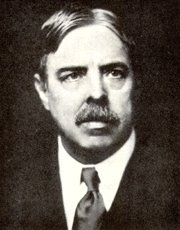
William Heart Kilpatrick
When he meets John Dewey, he becomes involved and becomes
the leader of a movement to modify the education systems in the United States. In
that time he received his doctorate at Columbia University.

Alfred
Binet
He was a French pedagogue, graphologist and psychologist. He
is known for his essential contribution to psychometrics and differential
psychology as a designer of the school performance prediction test, in
collaboration with Théodore Simon, which was the basis for the development of
successive intelligence tests.

William James
He was an American philosopher with a long and brilliant
career at Harvard University, where he was a professor of psychology, and was a
founder of functional psychology.
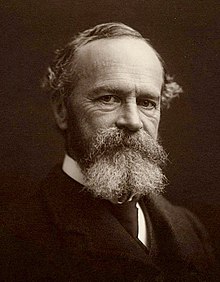

















Comentarios
Publicar un comentario